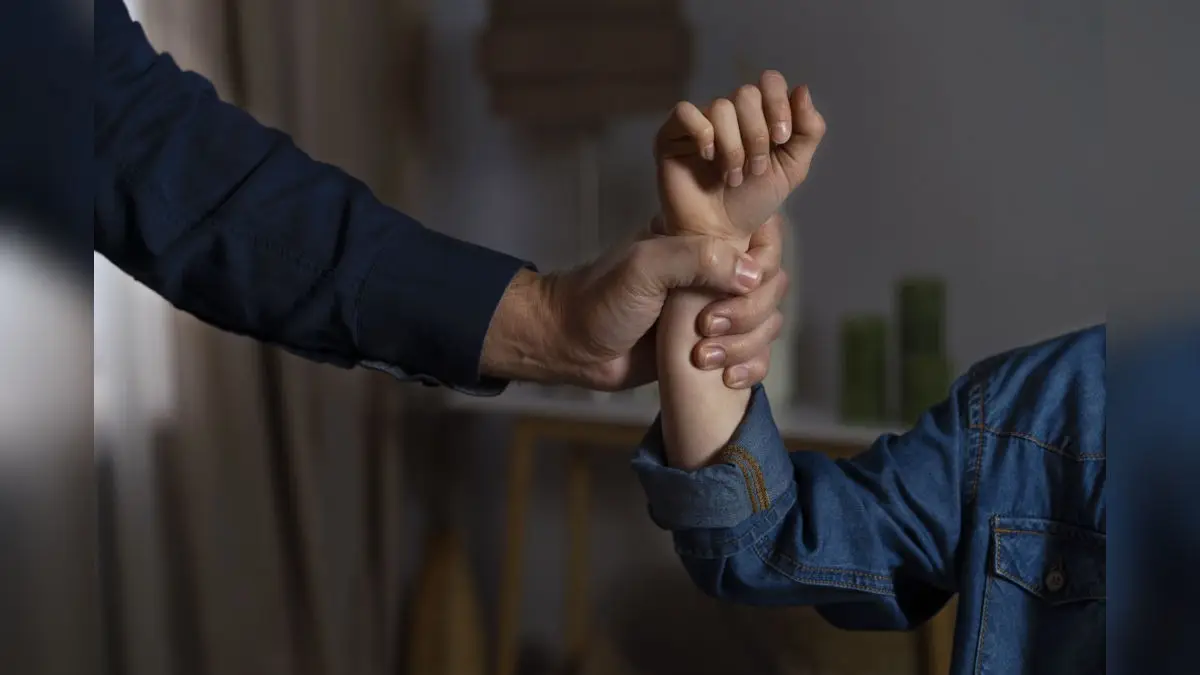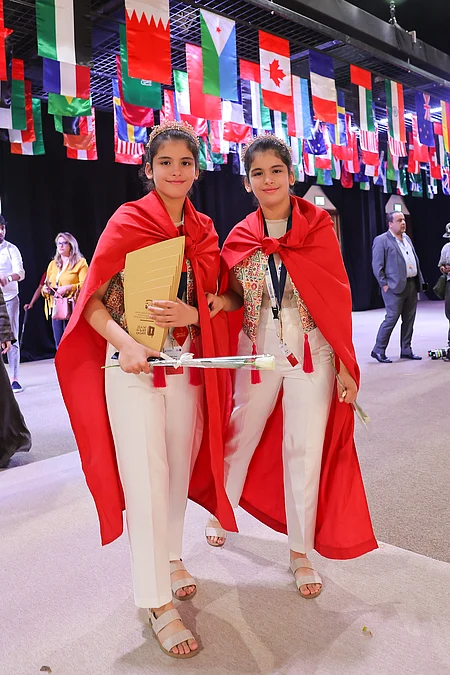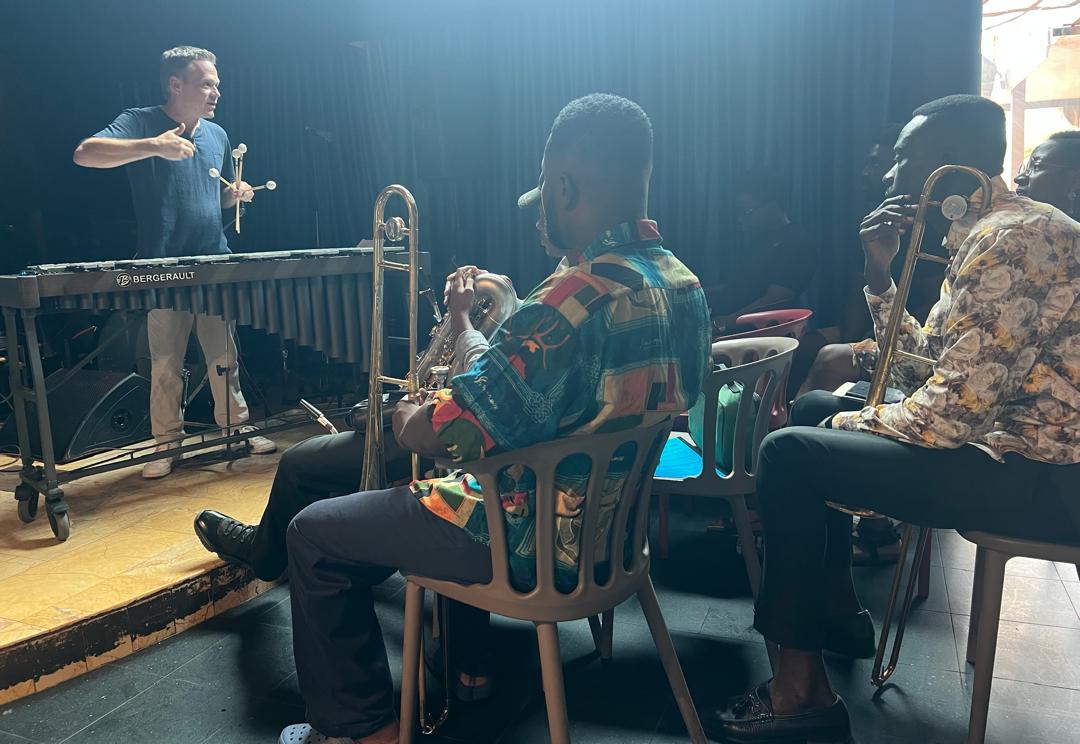Copyright republicworld

Srinagar: Jammu and Kashmir has witnessed a disturbing rise in domestic violence cases, with 2,872 incidents reported over the past two years and a staggering 121.61% increase in the last financial year alone.The figures, presented in the legislative assembly on Thursday by Minister for Social Welfare Sakina Itoo, have sparked widespread concern among lawmakers, activists, and mental health professionals.The data was shared in response to a question raised by National Conference MLA Shamim Firdous, who represents the Habbakadal constituency.According to Itoo, the cases were registered at One Stop Centres for Women also known as ‘Sakhi’ centres and on the Mission Shakti dashboard. These centres, operational since 2018 under the Directorate of Mission Shakti, are designed to provide comprehensive support to women in distress, including medical aid, psychosocial counselling, legal assistance, temporary shelter and police coordination.The centres are integrated with the 181 Women Helpline and the 112 Emergency Response Support System, enabling real-time intervention and seamless service delivery.Despite these mechanisms, the dramatic rise in cases has raised questions about the effectiveness of current policies and the deeper societal issues that perpetuate violence against women.Experts say the spike in reported cases is both a sign of increased awareness and a reflection of worsening conditions for women.“We are seeing more women come forward, which is encouraging. But the numbers also indicate that domestic violence remains deeply entrenched in our society,” said Dr. Nilofer Qadri. She added, “Economic stress, post-pandemic trauma and patriarchal norms continue to fuel abuse behind closed doors.”“We need to move beyond reactive measures. Education, economic empowerment, and legal literacy must be prioritized. And most importantly, we need to challenge the cultural norms that normalize violence and silence survivors,” said activist Farhana Bhat.Victim’s reveal the emotional and physical toll of abuse, as well as the societal pressures that often prevent them from seeking help.Rukhsana (name changed), a 32-year-old mother of two from south Kashmir, recounted years of physical abuse before she finally reached out to a Sakhi centre.“I was told by my family to stay quiet for the sake of my children. But the violence only got worse. It was only after I called the helpline that I realized I had options,” she said.Another survivor, Nusrat (name changed), a school teacher from Pulwama district, said she endured years of psychological abuse before seeking help.“I thought I was alone. But when I met other women with similar stories, I found strength,” she said.Minister Itoo informed that these centres are mandated to assist victims of domestic violence, cyber harassment, eve teasing, sexual assault and rape.However, experts warned that unless domestic violence is treated as a societal issue rather than a private matter, the numbers may continue to rise.“I stayed silent for years because I didn’t want to bring shame to my family,” said Nusrat Fayaz (name changed) but silence only made it worse. Now I want other women to know; you have the right to live with dignity.”



